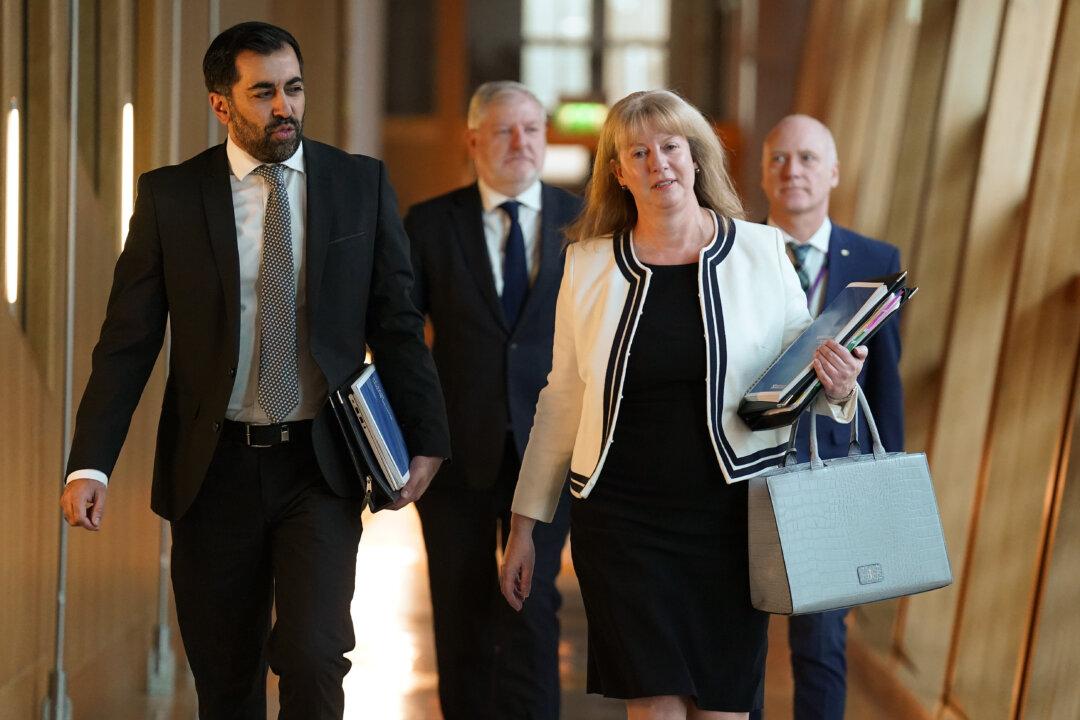The Scottish Government has confirmed it will not pursue further legal challenges against the UK government after it blocked the gender recognition reform that would have allowed children aged 16 to legally identify as the opposite sex.
Deputy First Minister Shona Robison told BBC Scotland the decision to drop further appeals was a “difficult” one, and said the Scottish Government will continue to defend decisions made by the devolved government in Holyrood.





